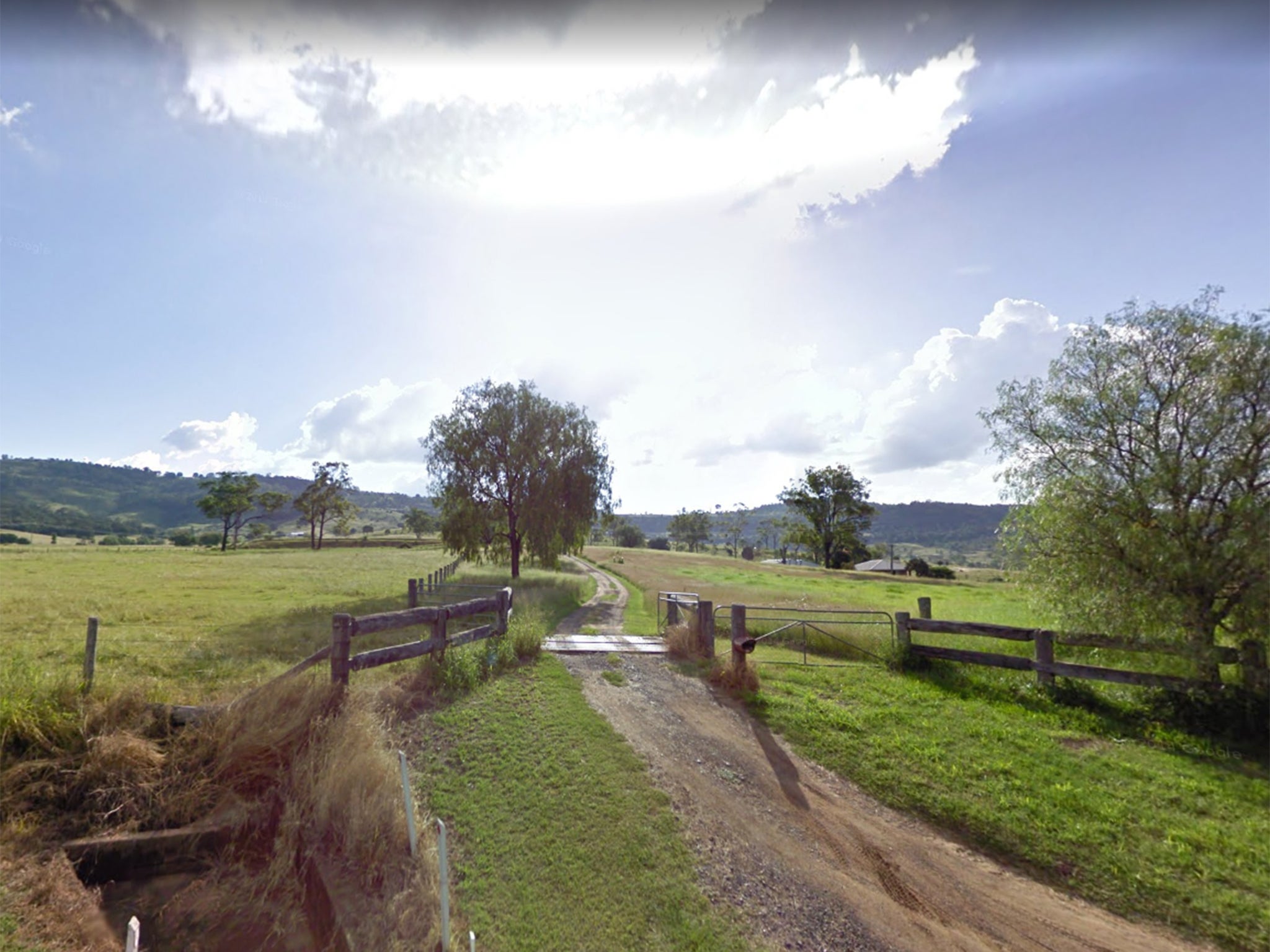Police searching for body missed it for 18 months because of Google Maps mistake
Incorrect boundaries on app lead to search only covering half required area

Your support helps us to tell the story
From reproductive rights to climate change to Big Tech, The Independent is on the ground when the story is developing. Whether it's investigating the financials of Elon Musk's pro-Trump PAC or producing our latest documentary, 'The A Word', which shines a light on the American women fighting for reproductive rights, we know how important it is to parse out the facts from the messaging.
At such a critical moment in US history, we need reporters on the ground. Your donation allows us to keep sending journalists to speak to both sides of the story.
The Independent is trusted by Americans across the entire political spectrum. And unlike many other quality news outlets, we choose not to lock Americans out of our reporting and analysis with paywalls. We believe quality journalism should be available to everyone, paid for by those who can afford it.
Your support makes all the difference.Police were unable to find a missing body for 18 months because they used incorrect Google Maps data, an inquiry has found.
Darrell Simon went missing in November 2014, 50 miles west of Brisbane, Australia.
Authorities were notified that the 46-year-old was missing and searched his rural property in Laidley Creek West.
They printed out an image from Google Maps to determine the boundaries but the map in question was incorrect.
The error meant that those searching for Simon only covered half of his property as the boundaries online were wrong.
“The fact the ground search was conducted over only half the property was very regretful and should not have happened,” Queensland deputy state coroner John Lock said, according to the BBC.
Mr Lock recommended that future searches use high-quality GPS and mapping data instead of Google Maps.
Simon’s remains were found on the property in May 2016 and it was ruled that he had taken his own life.
The delay in finding him resulted in speculation that he had been the victim of a murder.
“One wonders if Darrell’s body was found during the first police search ... whether such unhelpful and at times clearly defamatory and untruthful speculation would have even surfaced,” the report said.
Mr Simon’s body was hidden under thick vegetation that was present at the property and was found by the property’s new owners.
They discovered Mr Simon during a drought period when the vegetation had cleared.
Queensland police said it would be adopting the recommendations laid out in the report.
For confidential support call Samaritans on 116 123
If you have been affected by this story, you can contact the following organisations for support:
https://www.beateatingdisorders.org.uk/
Join our commenting forum
Join thought-provoking conversations, follow other Independent readers and see their replies
Comments